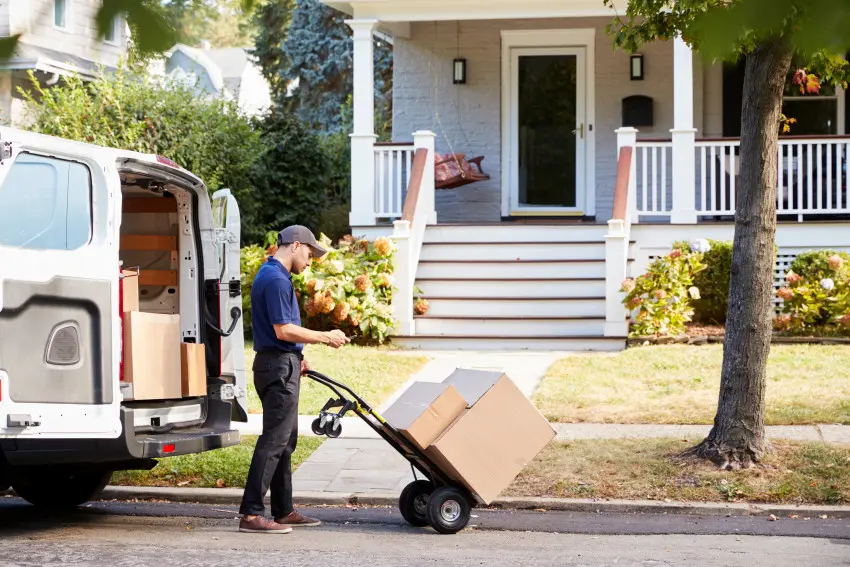
What is Personal (Homeowner) Liability Coverage?
Owning a home is a significant milestone and a cherished investment for many individuals and families. Along with the joy of home ownership comes the responsibility of protecting your property and ensuring the safety of those who visit. One crucial aspect of safeguarding your home is having the right insurance coverage, and at the heart of this protection is Personal Liability Coverage.
Personal (Homeowner) Liability Coverage Basics
Personal Liability Coverage, often included in homeowner insurance policies, is a safeguard against unexpected accidents or incidents that may occur on your property, leading to bodily injury or property damage in which an insured becomes legally liable. In simpler terms, it acts as a financial safety net, helping you navigate potential legal and medical expenses arising from such incidents.
What Does Personal Liability Insurance Cover?
Personal liability insurance provides coverage for various types of risks and incidents that can occur in your everyday life. Here are three key areas that personal liability insurance typically covers:
Bodily Injury Coverage: If someone is injured on your property or as a result of your actions, personal liability insurance can help cover the resulting expenses. For example, if a guest slips and falls in your home, your personal liability insurance may cover their medical bills.
Property Damage Coverage: Accidents happen, and if you accidentally damage someone else's property, personal liability insurance can provide coverage for repairs or replacement.
Legal Defense Costs Coverage: If you find yourself facing a lawsuit, personal liability insurance can help cover the costs of legal defense. From hiring an attorney to court fees and settlements, this coverage can provide financial protection and peace of mind.
What Isn't Covered by Personal Liability Insurance?
While personal liability insurance provides valuable protection in many situations, there are certain scenarios where it may not offer coverage. Let's take a closer look at some common exclusions:
Auto accident coverage: Personal liability insurance typically does not cover damages or injuries resulting from auto accidents. For this type of protection, you would need an auto insurance policy that includes liability coverage.
Intentional harm or damage: If you intentionally cause harm to someone or intentionally damage someone's property, personal liability insurance will not cover the costs associated with your actions.
Your own injury or damages: Personal liability insurance is meant to cover liability for injuries or damages caused to others. It does not provide coverage for your own injuries or damages to your property.
Business claims: If you operate a business, personal liability insurance typically does not extend coverage to business-related claims. You may need a separate business liability insurance policy to protect against potential risks associated with your business activities.
Determining How Much Personal Liability Coverage You Need
When it comes to personal liability coverage, finding the right amount is crucial to safeguarding your financial well-being. Various factors come into play when determining the optimal coverage level for your circumstances. Here’s what you need to consider:
Assessing Your Assets: If you possess substantial assets or a high net worth, it's crucial to align your coverage with the value of your possessions. Higher coverage limits become imperative to shield your wealth effectively.
Evaluating Your Income: Your income is a key factor in gauging your financial resilience. Assessing your income level helps in determining how much protection you need in the event of a liability claim, ensuring your financial stability remains intact.
Understanding Your Risk Exposure: Your profession and lifestyle significantly contribute to your risk exposure. Certain occupations or activities may expose you to higher liability risks. Recognizing and accounting for these risks is essential in establishing appropriate coverage limits.
While these factors offer valuable insights, calculating the precise coverage amount can be intricate. Engaging with an experienced insurance professional is a strategic move. They possess the expertise to conduct a comprehensive evaluation of your specific needs, taking into account your assets, income, risk exposure, and other pertinent factors.
Personal Liability Insurance in Tennessee
Here are some key points to consider:
Mandatory Coverage: Mortgage lenders often require personal liability insurance as part of the loan agreement.
Policy Limits: Insurance providers often recommend coverage limits based on factors such as your assets, income, and risk exposure.
Legal Protections: Homeowner's insurance policies, including personal liability coverage, are designed to offer financial protection in case of legal liability arising from bodily injury or property damage on your property. These coverages are subject to the terms and conditions outlined in your policy.
For personalized guidance on your personal liability coverage, reach out to our dedicated team at Farm Bureau Insurance of Tennessee. We're here to ensure you have the protection you need for life's unexpected turns.
